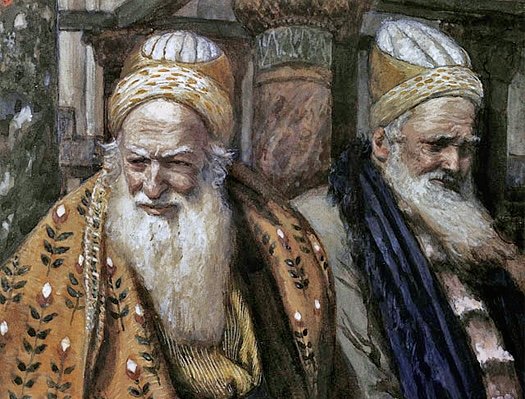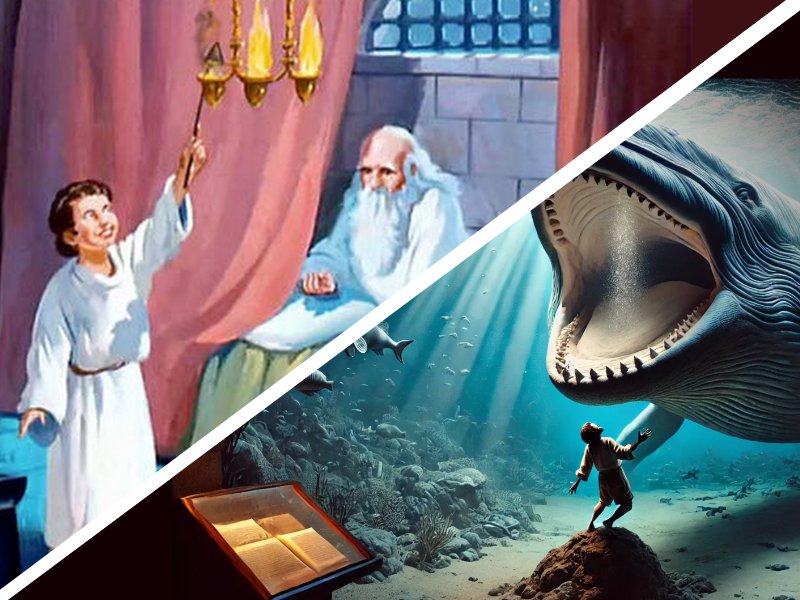
Thirty years ago, when I was growing up, WWJD bracelets were all the rage. It didn’t matter if you were Christian or not. Everyone wore one.
These days in Canada, loving Jesus isn’t a status symbol. He’s no longer a chip to be bargained with, to be used as social or political currency. That’s a good thing.
But sometimes, I think we Christians miss this. I wonder if that’s why we sometimes struggle so hard for “the good old days” (I’ve written before about how the good old days never actually existed).
Somehow, we’ve bought into the same misconception that the ancient Israelites believed: that the Messiah was meant to be militant, a conqueror, a bestower of political power.
But that simply isn’t true. It wasn’t true then, and it isn’t true now.
If we want to follow Christ, we need to allow Him to correct our misconceptions, to challenge our base assumptions.
If Jesus were living on earth as a human being now, He would be eating and spending time with the gay man and the abortion clinic doctor. Which of us would criticize Him for this?
If Jesus were telling parables to the crowds now, He’d be telling about a man who was mugged, passed by a church elder and deacon, and rescued by a Jehovah’s Witness. [1] Which of us would have trouble with the answer that the Jehovah’s Witness was was the mugged man’s neighbour?
If Jesus were touching and healing the sick now, He’d be reaching out to people with herpes, and AIDS, COVID and ebola. Which of us would have trouble shaking His hand afterwards?
If Jesus were alive now, I wonder what He would see when He looked at me.
A Pharisee? Or a follower?
Someone who is more concerned with how I look and achieving an elite status, or someone who welcomes in all who would enter the kingdom of God?
John Bunyan, author of Pilgrim’s Progress, wrote more than 50 other books as well. In one, called Come and Welcome to Jesus Christ, Bunyan emphasizes the welcome that Jesus offers to sinners, regardless of what they might have done, who they might be, or what they have to offer Him (by the way, the answer is always “nothing”, though we sometimes delude ourselves into thinking otherwise).
“All that the Father gives me will come to me,” Jesus said, “and whoever comes to be I will never cast out.” [2]
“They that are coming to Jesus Christ, are often times heartily afraid that Jesus Christ will not receive them,” Bunyan wrote.
But I am a great sinner, say you.
“I will in no wise cast you out,” says Christ.
But I am an old sinner, say you.
“I will in no wise cast you out,” says Christ.
But I am a hard-hearted sinner, say you.
“I will in no wise cast you out,” says Christ.
But I have sinned against light, say you.
“I will in no wise cast you out,” says Christ.
But I have sinned against mercy, say you.
“I will in no wise cast you out,” says Christ.
But I have no good thing to bring with me, say you.
“I will in no wise cast you out,” says Christ. [3]
Dane Ortland writes about this passage in his book, Gentle and Lowly. In it, he says, “We are factories of fresh resistances to Christ’s love. Even when we run out of tangible reasons to be cast out, such as specific sins or failures, we tend to retain a vague sense that, given enough time, Jesus will finally grow tired of us and hold us at arm’s length.” [4]
Perhaps this is the reason that we also seem to fail so miserably at loving other people. We tend to think that other people are just like us. The tragedy is that sometimes we think of God as being like us, too. I sometimes “fear that His love is no better than mine.” [5]
If we aren’t confident in God’s love towards us, how can we reach out in confidence to people around us?
That’s what I love about what happened last week at the Oscars. I don’t think I’ve ever willingly watched them, but along with the rest of the world, I heard about Will Smith’s slap. The part that I loved is what came next. Two men, who have proclaimed far and wide that they are Christians, were the first to approach Will. To offer him solace. To offer him hope. To pray with him. To not worry about their own reputations or whether anyone would interpret their actions as condoning Will’s sin.
No they, like Jesus, used their words and bodies to proclaim with Christ, “I will in no wise cast you out.” Will need only come to the One who loves him more than his wife, more than his kids, more than life itself.
Will we reach out to our own Wills? Will we abandon our own goals to embrace the aims of Jesus? Will we discard our obsession with our perceived holiness and step out to follow our Lord into the unglamorous, unpopular places where love lives?
NOTES
[1] Douglas Stuart, “Old Testament Survey”, Dimensions of the Faith.
[2] John 6:37, ESV.
[3] John Bunyan, Come and Welcome to Jesus Christ as quoted by Dane Ortland, Gentle and Lowly, (Wheaton: Crossway, 2020), 53-54 of 205.
[4] Dane Ortland, Gentle and Lowly, (Wheaton: Crossway, 2020), 55 of 205
[5] Andrew Peterson, “Just as I Am,” track 5 on Love & Thunder. Copyright © 2003 New Spring Publishing Inc.










